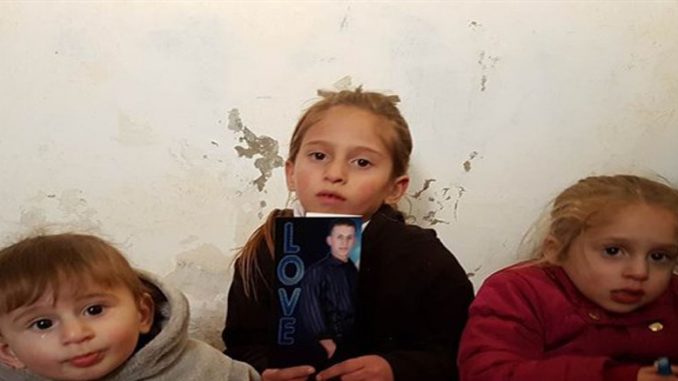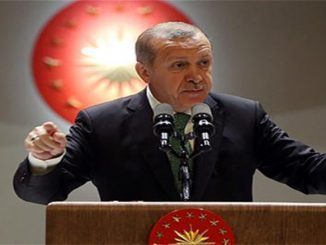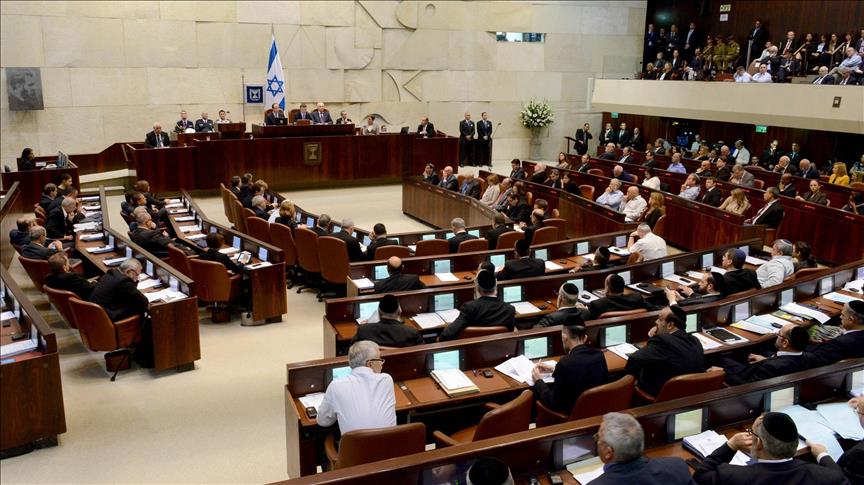Israel’s security cabinet has already ordered Fadi al-Qunbar’s home to be demolished, after he drove his truck into a group of Israeli soldiers in the illegal Israeli settlement of East Talpiyyot that neighbors Jabal al-Mukabbir, killing four, and was shot dead at the scene.
In spite of their insistence that they had no advanced knowledge of plans by al-Qunbar to carry out an attack, the family will be left homeless by Israel’s policy of punitive home demolition, which has been widely condemned as an act of collective punishment and illegal under international law.
Al-Qunbar’s mother and 12 other of his relatives relatives will also have their Jerusalem residency status revoked, as Israeli leaders have also called for the family to be exiled to the blockaded Gaza Strip or even war-torn Syria.
According to a Hebrew-language report on the website for Israel’s Channel 10, the Jerusalem municipality is preparing to build a new settlement on the remains of the soon-to-be destroyed house and a large surrounding area in the neighborhood.
The report claimed that plans for 2,500 settler units have been approved for construction in Jabal al-Mukabbir.
A spokesperson for the Jerusalem municipality told Ma’an that “the plans in question were approved a year ago, and are unrelated to recent events,” adding that the planned housing units “were designed to address the needs of Jabal al-Mukabbir’s residents and to serve the local community.”
The reports came as Israel’s government has continued to call for extreme punitive measures to be taken against the family, with attempts by Israel to connect the deadly attack to an alleged trend of global Islamist extremism, which the Palestinian Ministry of Information called a “venomous incitement campaign.”
In spite of comparisons with attacks elsewhere in the world, a number of alleged and actual car-ramming attacks have been carried out by Palestinians against Israelis since a wave of political unrest began in October 2015, as part of what has been referred to as the “Jerusalem Intifada.”
While Israeli officials have often claimed that attacks on Israelis are due mainly to anti-Semitic sentiment or part of an international rise in Islamist extremism, many Palestinians have instead pointed chiefly to the frustration and despair brought on by Israel’s decades-long military occupation of the Palestinian territory, which was marked by an unrepresented surge in the demolition of Palestinian homes and the expansion of illegal Jewish settlements last year.
“The Ministry of Information has followed with much shock and little surprise the Israeli-orchestrated incitement against the Palestinians following yesterday’s truck incident in occupied Jerusalem,” a statement released by the ministry said.
“Israel wasted no time in drumming up venomous incitement campaign attempting to connect our people with terror and ISIS for obvious reasons related to political gains.”
The ministry said they considered efforts by Israeli Prime Minister Benjamin Netanyahu and others in the Israeli government to forge a link between the attack and the Islamic State an attempt to distract the world from the “criminality of (Israeli) occupation as the root of all evils.”
According to the statement, Israel’s “incitement campaign” pointed to “the relentless Israeli racist mentality, built on demonizing our people,” in order to “whitewash the Israeli occupation that is facing a growing international isolation and condemnation.”
“One also wonders what argument anyone can have to justify being ranked the last colonial occupation that controls another nation, steals its land and resources, kills people, and then speaks about ISIS to distance themselves and whitewash the aforementioned crimes.”
The statement concluded by reiterating that “ISIS and similar groups have no place in Palestine and that the day the Israeli occupation ends shall be the day peace is born.”




